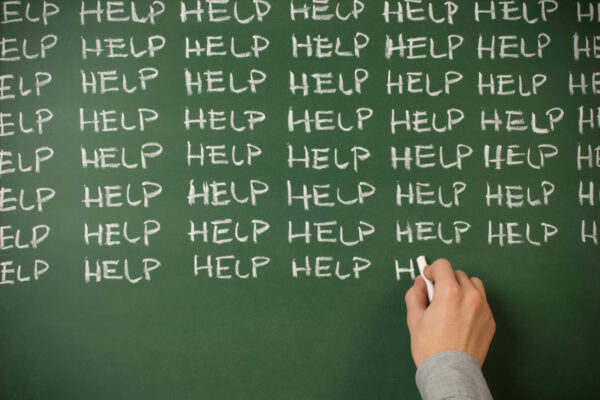Summer is in full swing, but the next school year, post-COVID-19, is on the horizon. Summer is often a time for school children and their families to relax and have fun, but for many, this summer has been replaced with feelings of worry, guilt and uncertainty.
As advocates for the education of young children and their families and as parents of school-age children enrolled in public schools, we are concerned that any uneasiness parents and guardians are feeling about how the next school year might unfold will only increase, especially as news headlines continue about the impact of COVID-19 disrupting our basic norms and affecting our children’s school readiness, their ability to read, or their academic achievement.
Although this fear-based rhetoric may not subside anytime soon, we as parents need to move past it and build upon what our school children have been doing up to this point so that parents are ready for the next school year.
To begin, we think it is important to recognize how resilient, smart and skilled our children are (and the parents are too). All children are wired to make sense of the world, and they will continue to grow and learn whether they are “in” school or not. As the adults in their lives, parents must recognize how important it is to respond to, support and when possible, extend each child’s interests in making sense of the world.
Parents and guardians should also recognize how “academic” learning is happening all the time in children’s lives. Reading, writing, mathematics, science, history and so on are a part of their and our everyday experiences. It’s a matter of being aware of these “learning” moments and using the unique family and learning environment to provide our children with healthy and well-balanced learning experiences, which includes playing and socially interacting. In fact, play is how young children learn the best.
As we move into the next school year, we know that teachers, principals and school leaders are going to be ready for students wherever they are as learners. The goal and responsibility of every teacher is to take each student from where she is and help her move forward in her learning. Everyone who works in or with schools is currently taking the time to listen to families. Educators at all levels are doing whatever it takes to ensure that children’s needs are met as schools start back up in the fall.
But the social and emotional health, as well as the physical health of the children, is a key foundation to any learning. Parents must take the time and appreciate how much they, as their children’s primary caregivers, have done to support them during the past three months. And parents must provide their children with some space to ask questions about what might be occurring during the next few months before school starts. Although there will be questions that parents cannot answer, simply reassuring them that support will continue as the new school year begins will help them feel prepared and ready for the next learning experience.
No one could have predicted that we’d be at this point when the next school year begins. In saying that as education researchers, parents must help their children move past any fear there might be about the next school year and focus to support growth and development. As we continue through the summer, more of us should think about how we might continue to support our children’s growth and development during the next few months. But perhaps more importantly, spend time together. Smiling and laughing are what our children need now.
Christopher Brown is a professor of curriculum and instruction at The University of Texas at Austin.
Ami Cortés is the director of early childhood for the Austin Independent School District.
A version of this op-ed appeared in the Dallas Morning News, Waco Tribune Herald and the San Antonio Express News.




